HR consultants Lisa Taylor and Fern Lebo discuss older workers in this research-based presentation. They say these employees offer a solution to firms that can’t find talent. Though this narrative seems most relevant to middle- and upper-class white-collar workers, today’s blue-collar and low-wage service workers are also working longer, so this advice fits any firm or industry. Despite some repetition and clichés such as “we live in uncertain times,” this thoughtful discussion of why firms should appreciate mature workers deserves attention, if only to remind you that modern workforce management means leveraging all talent.
Companies face these challenges: the aging workforce, platform technology, AI and robotics, the gig economy and employees’ “career ownership.”
Five important forces confront companies today: 1) changing workforce demographics, 2) platform technology, 3) robotics and artificial intelligence (AI), 4) the gig economy, and 5) the shifting responsibility from employer to employee for career development. Organizations should address these drivers in ongoing strategic planning, not reactively as if each one were a separate crisis.
Companies must address the driver of ageism.
The first factor is the most pressing one to leverage now. Organizations often do a poor job of managing and utilizing older workers. Too often, companies write off those older than an arbitrary age – say, 50 – as disengaged, uninterested in learning and less creative. Organizations that develop better talent management techniques and use best practices for employee engagement, including older employees, tap into a valuable, growing segment of the workforce and gain a competitive advantage.
Whether...









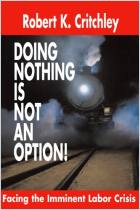
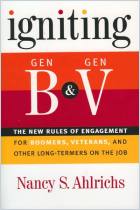
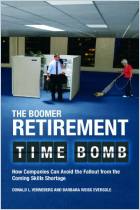
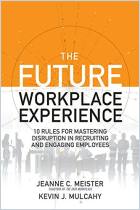
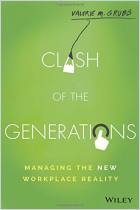
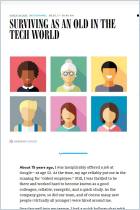








Comment on this summary or Start Discussion